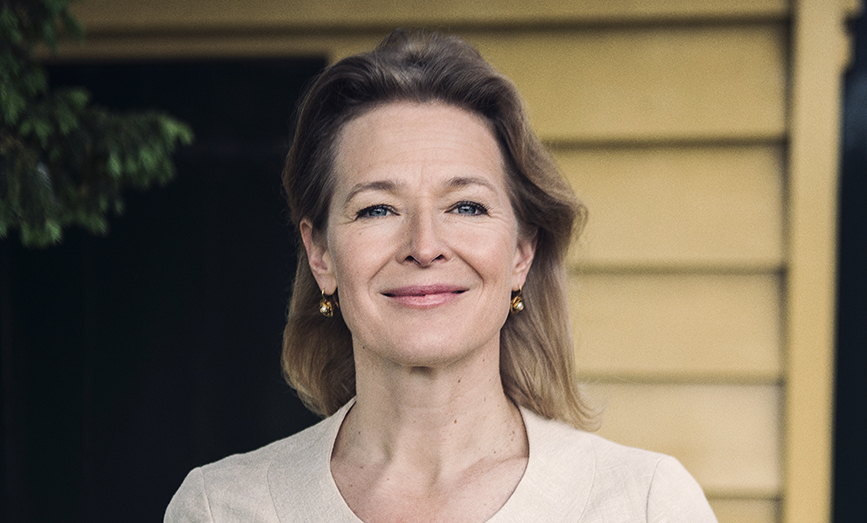The ripple effects of SVB’s demise, including the downfall of Signature Bank, have been rapid and have sparked fear among investors and deposit holders of banks with less strong capital positions and balance sheets. In Europe, the once-solid, 166-year-old Credit Suisse failed, and national authorities and global regulators are constantly monitoring how their banks are coping.
These bank failures have prompted concerns that we’re witnessing a “contagion effect” that’s reverberating across multiple industries and markets. As CFO of a global financial institution, I’ve seen how the world of finance has only grown more complex and the financial markets now operate in increasingly interconnected ways. One of the lessons that’s most evident from what’s happening is the need for solid risk management, especially in the finance department. This requires keeping a pulse on the suitability of your financial business model, protecting assets, assessing risks from unexpected corners, and, perhaps most important, optimizing liquidity. Liquidity is key for every finance department—and so, it’s critical to understand what can jeopardize the availability of resources and what actions should be taken when those resources are threatened.
Information is critical, and that’s why as finance professionals we need to equip ourselves with data and knowledge from a variety of sources—thought leadership, certification, and continuing education—to keep our thinking agile and creative. Managers, myself included, also need diverse, well-educated teams to cope with dynamic, fast-changing situations. That isn’t always easy. Turnover in many finance teams is high, and CFOs, distracted by the macroeconomic challenges for their business models, don’t always get around to investing heavily in their own people, even though they should. Encouraging staff and other team members to earn a certification like the CMA® (Certified Management Accountant) can help to ensure that an organization has people who not only provide useful, objective data but who also can look beyond the numbers, to see how what’s occurring might impact the entire value chain.
As a CFO, I always try to create my own dissenting voice. Yet strategic decision making requires multiple perspectives. For example, if we have to make investment decisions in other regions, it’s important to be able to hash out the issues with others who are from the area and who are familiar with the regional customs. We benefit not only because of others’ insights into the political and economic climate, but also by learning about how the culture works and how local market players can influence the choices we face.
Recognizing that our own experience is limited can be of great benefit to accounting and finance professionals because it forces us to seek the counsel of others. So, in the midst of trouble in the banking and finance world, I encourage you to connect with your IMA® peers. Discuss what’s happening and the ways you can learn from one another. That’s the advantage of being part of a truly global community.

May 2023



